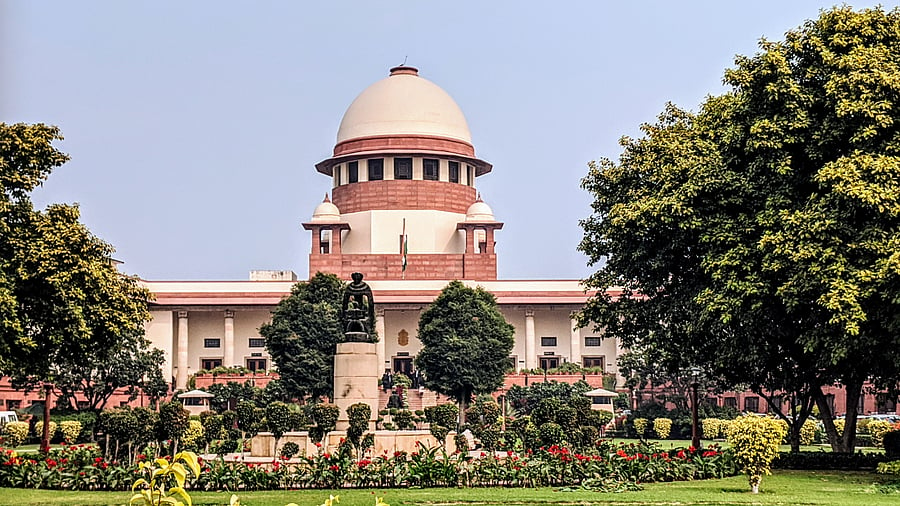
The Supreme Court has held that an accused in a cheque dishonour case cannot be denied an important right to cross-examine the complainant by the trial court just because he had failed to deposit interim compensation as per its direction.
A bench of Justices U U Lalit, S Ravindra Bhat and Sudhanshu Dhulia declared that any such order foreclosing the right of cross-examination would not be within the powers conferred upon the court and would, as a matter of fact, go well beyond the permissible exercise of power.
The top court explained the provision related to power of the court to direct interim compensation as provided under Section 143A of the Negotiable Instruments Act, while setting aside the orders by the three courts, including the Karnataka High Court, in a case related to dishonour of cheque to the sum of Rs 7 lakh.
"The concerned provision nowhere contemplates that an accused who had failed to deposit interim compensation could be fastened with any other disability including denial of right to cross-examine the witnesses examined on behalf of the complainant," the court pointed out.
Advocate Shailesh Madiyal on behalf of appellant Noor Mohammed questioned the validity of the Karnataka High Court's order which did not find any illegality in decisions of the courts below to deny him the opportunity of cross-examination the complainant. The HC had said the conduct by the appellant in not depositing interim compensation showed that he was only interested in prolonging the proceedings.
The counsel said the recovery of interim compensation could be separately initiated but the failure to deposit the money would not result in denial of the right to the accused.
Advocate Sanjay M Nuli, appearing for the complainant Khurram Pasha defended the orders, contending the right to cross-examine was rightly closed by the courts.
After going through the provision, the court noted that the procedure for recovery of interim compensation has been given which stated that it could be recovered as fine as per the Criminal Procedure Code.
"The method and modality of recovery of interim compensation is clearly delineated by the Legislature. It is well known principle that if a statute prescribes a method or modality for exercise of power, by necessary implication, the other methods of performance are not acceptable," the bench said.
The top court restored the case back to the trial court which had already held the appellant guilty under Section 138 of the Negotiable Instruments Act and directed him to pay Rs seven lakh fine or serve six months prison term.

